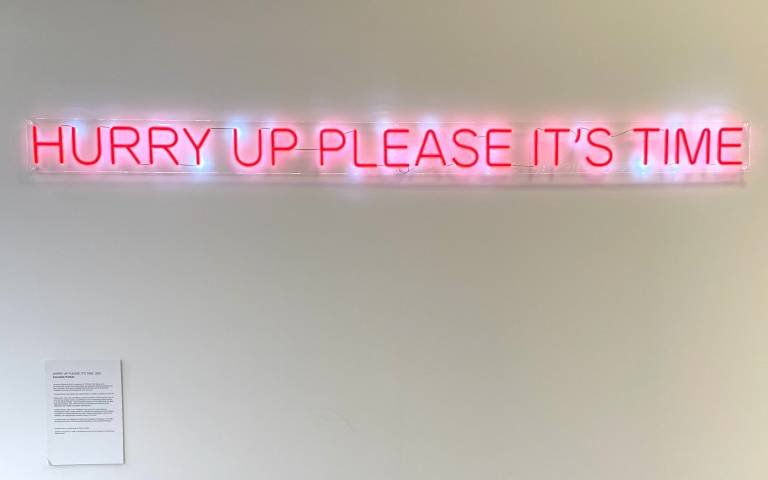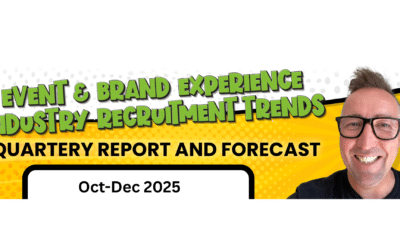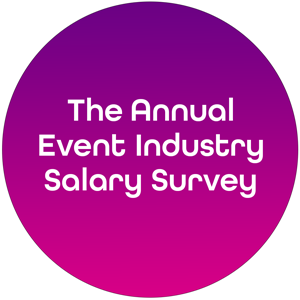I often hear that one of the biggest challenges faced by event agencies is when clients appoint them and then don’t sign off on the work. It’s really frustrating when clients don’t return your calls and go silent isn’t it? To be led down the garden path and then, abruptly, be put on hold just as everything was about to get fun and exciting. Yet, this happens all the time in recruitment.
Why?
When companies decide to recruit, people get excited because everybody likes the first part of the recruitment process; everybody loves briefing the recruiter, telling them what they need. They love interviewing, meeting new people, talking about the role, the company and themselves. But then it is decision time and that’s when people freeze. This is when you find out who are ‘just’ the stakeholders and who are the real decision makers. A stakeholder may be someone important in your business, but they will not make a recruitment decision. This is when the recruiter realises all the decision makers are away on holiday or start pointing to others. Or when doubts and trepidation about the whole industry kick in and the reasons to recruit come into question. This is because recruitment is seen as something flexible, that can be paused right up until the moment the candidate is offered the job.
To delay recruitment mid-way is a really bad look for your brand; Most companies are trying to entice people in with the promise of a great company culture, but they fall at the first hurdle if the first employee experience is delays and being kept hanging about. It’s a small industry and people do share their experiences, and when you are a candidate waiting to hear if you have clinched that amazing role, no news is definitely not good news.
Delays and procrastination will lead to losing great talent. As a recruiter, there’s only so much I can do to keep a candidate waiting if they have another offer on the table. If a great candidate is looking for a new role, they are most probably looking at other opportunities too. Expecting a candidate to put their life on hold whilst you ponder their fate can come across as a tad arrogant and it may even mean having to start the whole process again.
Recruitment is one of the most important parts of a business because most companies are built on the strength and skills of their people; take a look at every agency’s website and you are bound to see the mantra of ‘our people are our business’ (other phrases are available). Yet I see so many companies treat candidates (i.e. potential employees and brand ambassadors) really badly, like a product or a subscription service that can be paused and put on hold for a while.
The recruitment process is a little bit like dating, with both parties eyeing each other up to see if a long-term match can be brokered. Recruitment is the fun start to a relationship, it’s the honeymoon period where you are both on best behaviour, before reality kicks in and you realise that you both snore and pass wind like regular people. How a company treats a potential employee at the start of the relationship is crucial; you are meant to be on best behaviour.
Recruitment as a strategy
I will die on this hill. Recruitment needs to be a strategy and not a knee jerk reaction. When you decide to recruit, approach it like you would an event. Recruitment needs structure, a scope of work, and milestones. Who’s going to take on each of the roles and responsibilities? Who’s going to make the decision? Who’s going to do the diaries? Set a finite timescale and then work backward.
Decide who is responsible and accountable. If there are three people on the recruitment team, what happens if they all like different candidates? Who has the final say? It has to be one person because although they can take advice, you cannot have decision by committee. For example, the CEO may be accountable for the hire, but the MD is responsible for their participation in the business.
Do some disaster planning; who will step in and make the decision if the appointed decision maker is ill or gets pulled into an emergency? If the decision maker can’t make an interview, then instead of delaying it, then the other decision maker can do it instead.
The recruitment process should take a maximum of three weeks; from the appointment of a recruiter to the contract being signed. Chemistry meeting, then tap dance presentation. That’s it. I’m giving three weeks to include time for a candidate to research and prepare for a final presentation (they need a week to do this), but if there’s no need for a no presentation, then two weeks is all you should take. Once you have made your plan, stick to it. Don’t delay interviewing just because the decision maker is busy, this is why you have an alternative person. Treat recruitment as a task, as a client and commit to the process and actions you have made.
I know that sometimes things happen, so if you genuinely need to take a break, just be proactive and let everyone involved know. Don’t just ghost them as this will leave a bad taste in their mouth. Yes of course, your chosen recruit will be happy when you finally do appoint them, but I can guarantee that they would have been even happier if they hadn’t been messed about in the process. Everyone wants to feel loved, to feel valued by the employer and this first step is a crucial stage in the relationship.
To conclude, once you have made a decision then you really need to get on with it. After all, if it all goes well, you will be able to bask in the credit of a good hire, and if it goes poorly, we all know you’re going to blame the recruiter anyway…
For more recruitment insights and trends, subscribe to my Recruitment Report
…………………………………………………………………………………………………………………
About the author.
I’m Robert Kenward, Chief Talent Officer and creator of FitabilityⓇ.
I’ve been working in the recruitment, Live Events, Brand Experience, and Experiential Marketing space for over two decades. I’ve been a candidate, a client, and a recruiter.
This makes me well acquainted with the challenges you face and enables me to cover the entire talent spectrum above £60k.
I care deeply about my work and I’m generous with my time.
Hit me up if you’d like a new perspective on solving classic hiring problems.
07710 681980
Or book directly into my diary HERE to see how I can help you attract, select and retain your next senior hire.






